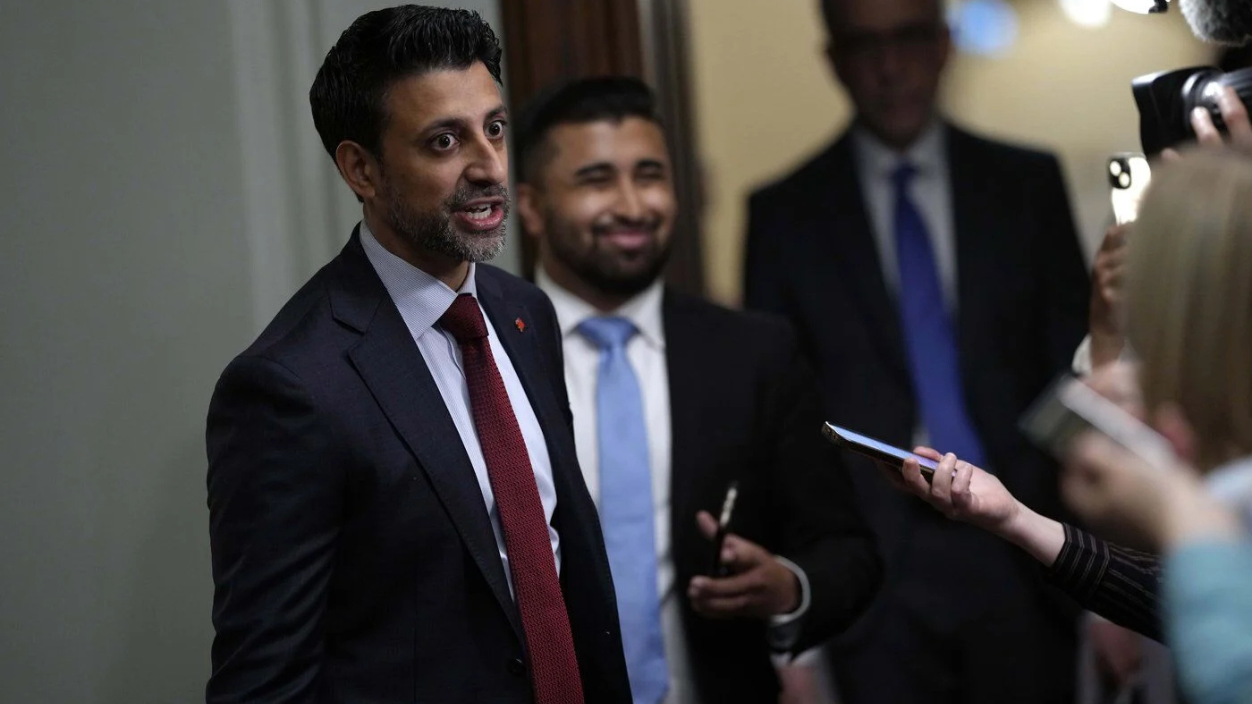Canada’s new trade minister, Maninder Sidhu, says his focus is on opening doors for Canadian businesses in new markets across South America, Southeast Asia, Africa, and beyond, while encouraging companies to better utilize existing trade agreements. In an interview with The Canadian Press, Sidhu described his role as “Canada’s top salesman,” committed to hustling for trade opportunities and creating new paths for exporters feeling the pressure from U.S. tariffs and trade tensions.
With 15 free trade agreements spanning 51 countries, Canadian businesses have preferential access to over 1.5 billion consumers, but Sidhu believes many are still too reliant on the U.S. market. He emphasized that diversifying exports is crucial, especially as Washington continues to impose and threaten steep tariffs. Prime Minister Mark Carney has delegated U.S.-related trade matters to Dominic LeBlanc, while Sidhu is responsible for advancing trade ties with the rest of the world.
Drawing on his experience as a customs broker and his time as parliamentary secretary across Global Affairs Canada, Sidhu brings hands-on knowledge of navigating complex trade regulations. He plans to lead smaller, sector-focused trade delegations abroad instead of large-scale missions, allowing for targeted meetings and more productive engagements in countries like Brazil, which is seeking to restart trade talks between Mercosur and Canada.
Sidhu is also tackling challenges in Canada’s trade relationship with China, acknowledging concerns over coercive trade tactics while emphasizing the need to stabilize ties through mechanisms like the Joint Economic and Trade Commission. On the United Kingdom, he downplayed the likelihood of a new bilateral deal after talks stalled over issues like hormone-treated beef and cheese exports. With a temporary agreement still in place and the U.K. joining the Pacific Rim trade bloc, Sidhu said any new negotiations must bring clear value for Canadian businesses.
Looking ahead, Sidhu expressed openness to sector-specific trade agreements instead of broad pacts. While Canada had been pursuing such a deal with India, talks were suspended in 2023 after a diplomatic rift. However, recent progress, including renewed security talks and plans to reappoint high commissioners, could pave the way for future negotiations. Sidhu described the process as step-by-step, stressing the importance of rebuilding diplomatic capacity first.
As the government navigates budget cuts across departments, Sidhu said Global Affairs Canada is evaluating how reduced spending might affect the Trade Commissioner Service. Chambers of commerce have called for expanding the program, which offers on-the-ground support for exporters. Sidhu acknowledged the service’s importance and pledged to amplify awareness among Canadian businesses, many of which are unaware of the resources available to them.
Ultimately, he said, the priority is making impactful investments that deliver strong returns for Canadian workers and industries. “We are getting very creative in how we can open up more doors,” Sidhu said.
Ask ChatGPTTools
ChatGPT can make mistakes. Check important info. See Cookie Preference

